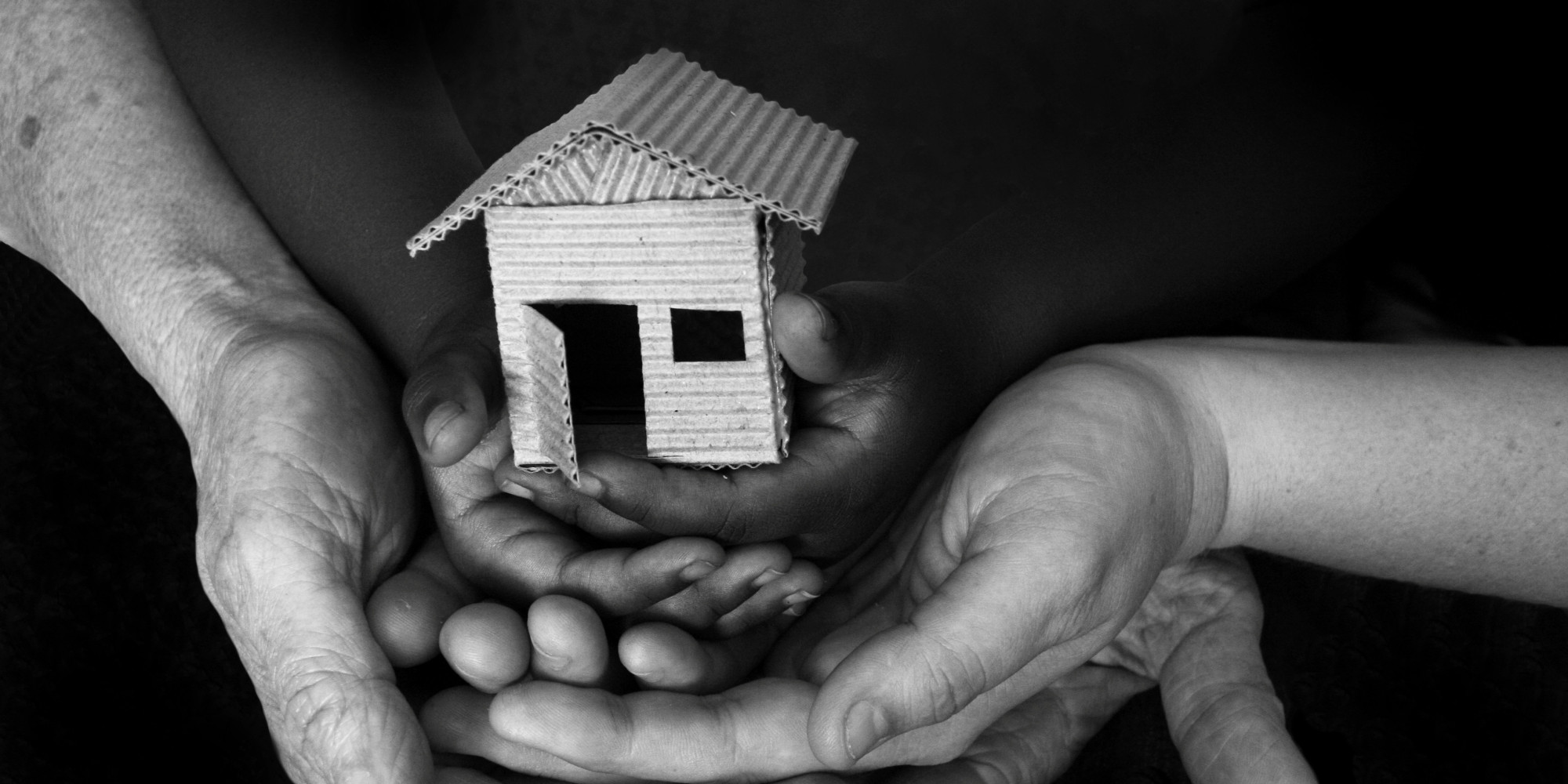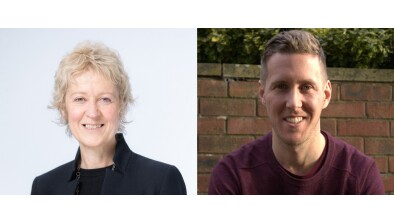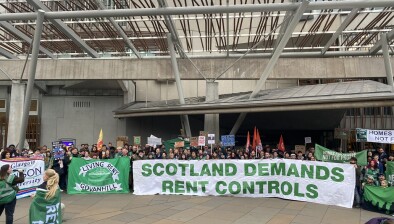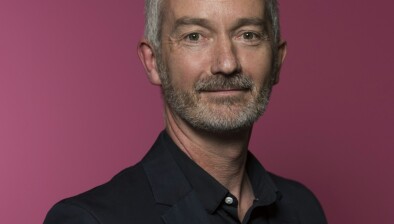Beth Reid: New homelessness prevention pilots can help us build a better system

Following the launch of funding for new homelessness prevention pilots, Beth Reid, a senior policy officer at Crisis Scotland, sets out what is required from the pilots to help shape measures in the Housing Bill.
Having a home to call your own is one of the most fundamental and basic of human needs. It’s hard to feel safe, build a life, look after our health, hold down work or study and develop community without a decent home. Yet too often housing issues get missed or ignored until they are much, much worse and someone is forced into housing crisis.
The launch of a new series of pilot projects to help people to stay in their homes will help change that – marking a significant step forward in the Scottish Government’s commitment to ending homelessness together in Scotland, by driving forward a bold new homelessness prevention agenda.
Following campaigning from Crisis and the Everyone Home Collective, last year the Scottish Government committed £4 million to test out how new legal duties created in the Housing Bill on public services would operate in practice to prevent homelessness. This was announced in the most recent Programme for Government.
With the official launch of the homeless prevention pilot programme, we will begin to work out what holistic prevention upstream looks like in practice. The focus will be to test what interventions by different public bodies are most effective at preventing homelessness and bring this information back to parliament to flesh out secondary regulation for the ‘Ask’ and ‘Act’ duties.
In other words, we need to make sure all public services are clear on what action will be expected of them, and to have this in legislation. This means people will have the legal protections they need be supported properly to try and avoid homelessness.
Health boards, prisons, police, social work, council children and families services and other partners need to work out how they will work together with housing and homelessness services, and what they are already doing that they could harness or expand on, so that they can identify the signs that someone needs help, and get them it at the earliest possible stage.
Through the pilots we need to work out what each of these public service could and should do to identify and help service users with housing difficulties, work smoothly with other agencies and break down the barriers to people getting the support they need to stay housed.
Of course, the third sector has a role in making this happen - often leading the way on innovative delivery models. But key to getting this right is a binding legal framework for public bodies, so that people gain enforceable protections when they are most in need of housing help.
Crisis has worked with the Scottish Government to create a mechanism for putting the learning from these pilots back into law and statutory guidance, to ensure a strong, coherent and accountable safety net for people facing insecure housing or with no place to go when they come out of places like hospital or prison.
Once the pilots have completed their work, the findings will shape secondary law and related guidance to give public services a clear structure for spotting problems early and dealing with them before people lose their homes.
It’s in everyone’s interests to get this right. By looking beyond each service’s immediate priorities to the holistic needs of the person in front of us, thinking creatively about what we already do, joining up services and working in partnership - together we can end homelessness.







